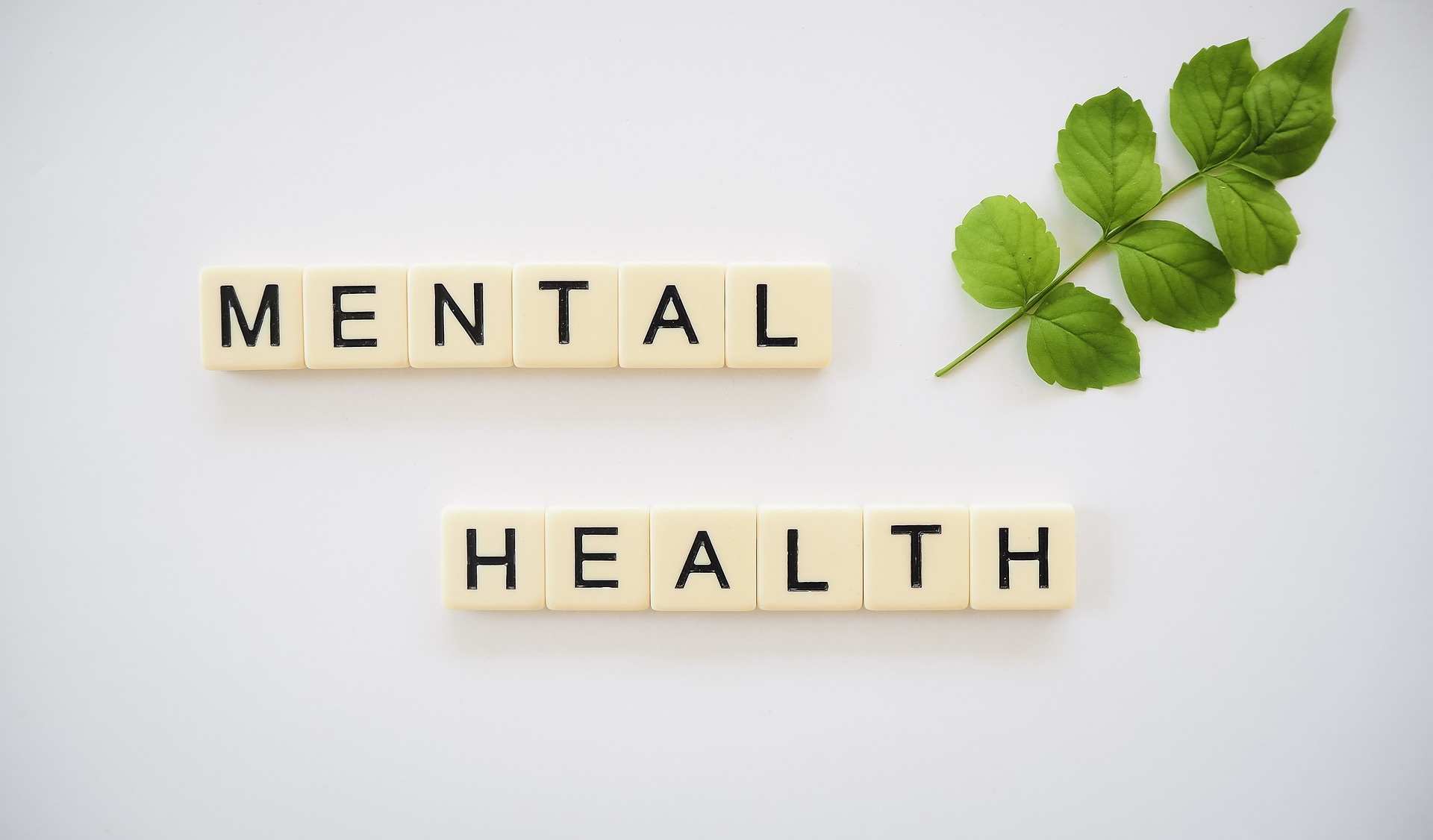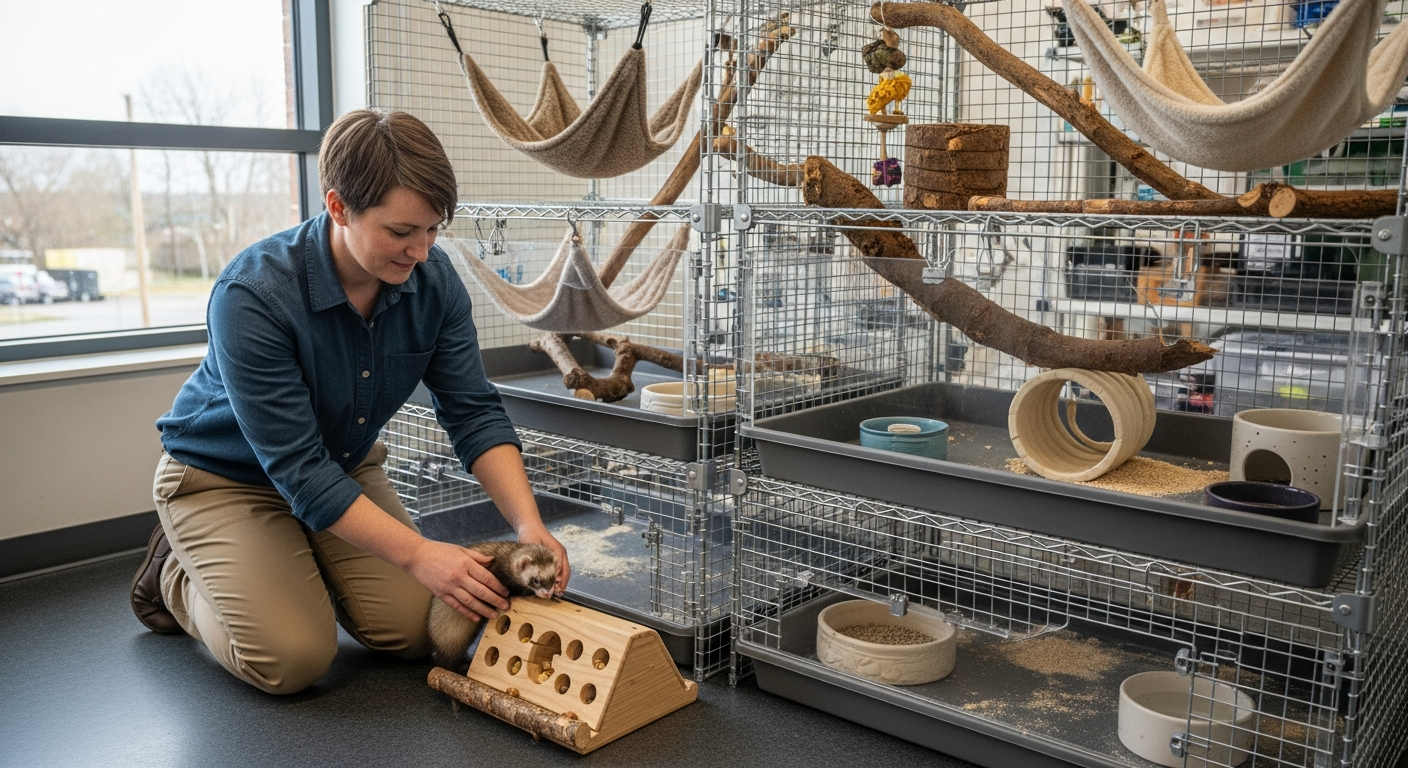Understanding the Connection Between Anxiety and Gut Health
Anxiety disorders are the most common mental health issues in the United States, affecting 40 million adults every year. The complexity of these disorders is amplified by the fact that they often co-occur with other conditions such as depression or gastrointestinal (GI) disorders. Research is increasingly supporting the idea that a significant connection exists between anxiety and gut health, with the gut microbiome playing a key role in mental health. This article examines the intricate relationship between anxiety and gut health, the historical context and current relevance, and provides unique insights into this growing area of research.

The Historical Context of Gut-Brain Axis
The idea that our gut and brain are connected is not new. The concept of a gut-brain axis, a bidirectional communication network between the GI tract and the central nervous system, has been present in medical literature for several decades. The gut-brain axis is responsible for regulating a variety of functions including digestion, mood, and stress response. This concept has been validated by numerous studies, demonstrating that changes in the gut microbiome can significantly affect mental health.
Historically, research has focused on understanding how the brain influences the gut. For example, stress or anxiety have long been known to exacerbate symptoms of irritable bowel syndrome (IBS) and other GI disorders. However, in recent years, the focus has shifted towards understanding how the gut can influence the brain and contribute to mental health disorders such as anxiety.
The Role of Gut Microbiome in Mental Health
The human gut is home to trillions of bacteria, collectively known as the gut microbiome. These bacteria play a crucial role in our overall health, influencing everything from digestion and metabolism to immune function. More recently, research has begun to reveal the significant impact the gut microbiome can have on our mental health.
The gut microbiome produces a variety of substances, including neurotransmitters such as serotonin and gamma-aminobutyric acid (GABA), which play key roles in regulating mood and anxiety. Imbalances in the gut microbiome, often resulting from factors like poor diet, stress, or antibiotic use, can disrupt the production of these neurotransmitters, potentially leading to anxiety and other mental health disorders.
Current Research and Trends: Probiotics and Mental Health
One of the most exciting areas of current research in this field is the potential use of probiotics to alleviate anxiety. Probiotics are live bacteria and yeasts that promote a healthy gut microbiome. Several studies have shown that probiotics can reduce anxiety symptoms, possibly by restoring balance to the gut microbiome and normalizing neurotransmitter production.
Despite these promising results, it is important to note that probiotics are not a magic bullet for anxiety. The impact of probiotics on mental health is likely to be influenced by a variety of factors, including the specific strains of bacteria used, the dosage, and the individual’s overall diet and lifestyle.
The Impact and Reception of Gut-Brain Research
The growing recognition of the gut-brain axis and the role of the gut microbiome in mental health is starting to change the way we approach mental health treatment. This research has significant potential implications for the prevention and treatment of anxiety and other mental health disorders.
However, this field is still in its early stages and there is much we do not understand. Many questions remain about the exact mechanisms by which the gut microbiome influences mental health and the best ways to manipulate the gut microbiome to improve mental health.
The Future of Gut-Brain Research
While the connection between anxiety and gut health is becoming increasingly clear, this is a complex and rapidly evolving field. Future research is needed to fully understand the mechanisms underlying this connection and to develop effective strategies for improving mental health through gut health.
There is also a need for greater public awareness and understanding of this connection. As our understanding of the gut-brain axis and the role of the gut microbiome in mental health continues to grow, it is likely that our approach to mental health treatment will become increasingly holistic, taking into account not only our brain but also our gut.






